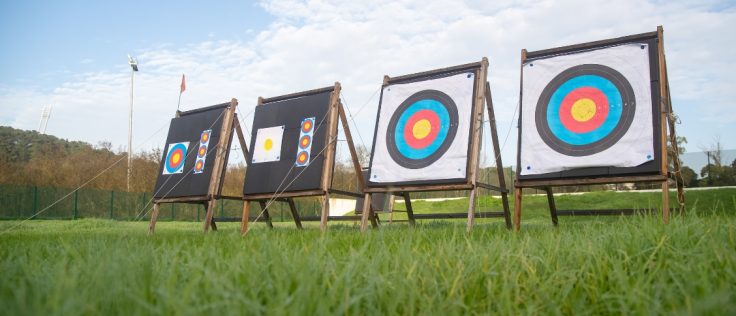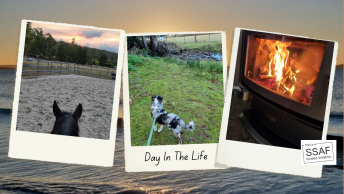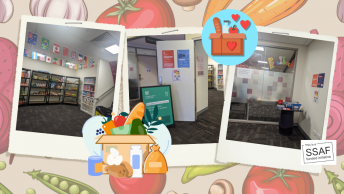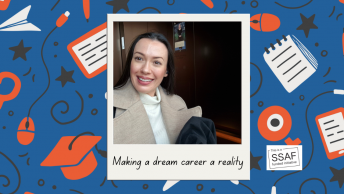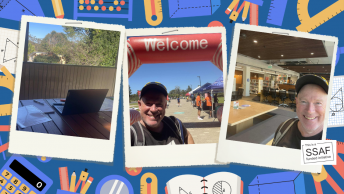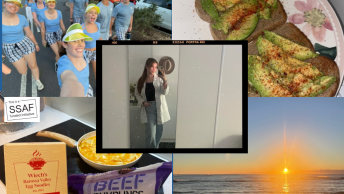Written by Peter Boukouvalas
As a student athlete, one of the biggest issues I face is competing priorities.
Fitting in full time training and competing, part time work and part time study can be overwhelming at times.
Through this experience and talking to some very smart people, I’ve come up with some tips and tricks on how to manage studies, training, and competing which will hopefully come in handy especially as we head into an Olympic year, the busiest time for most athletes.
Of course, competing priorities is not strictly an experience unique to student athletes, and the tips below can easily be applied to any student with multiple responsibilities.
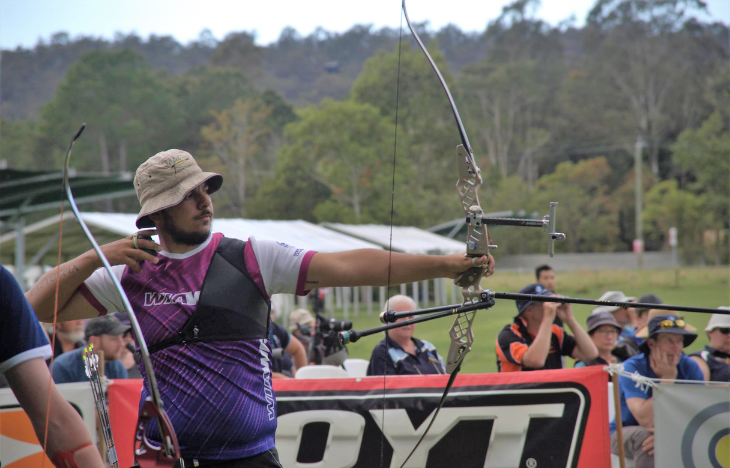
Tip 1: Be Realistic
This first one seems a bit obvious but for those who are quite ambitious and are high achievers, it’s very easy to take on too much, too fast, and suddenly get bogged down with too much.
This can lead to burnout and poor performance in the classroom, the competition field, work, and any other aspect of your life.
An easy way to stay grounded is to set up concurrent timelines with the three biggest aspects of your life, in my case it’s sport, work and uni, and social activities.
| 2024 | Jan | Feb | Mar | Apr | May | June | July | Aug | Sep | Oct | Nov | Dec |
| Sport | ||||||||||||
| Work + Uni | ||||||||||||
| Social |
Above is a very simple table showing the three key aspects together. When using this tool, it is important to keep in mind that not everything can be 100% all the time as a balance will need to be struck.
In my case, with Olympic trials in January and the games later in August, my sport timeline will be ramping up significantly.
Since work will mostly stay the same, there has to be a downturn somewhere and, in my case it is through uni and social time.
By using this tool and being realistic with how your time is spent, high performance can be maintained while still working towards sport and academic goals at the same time.
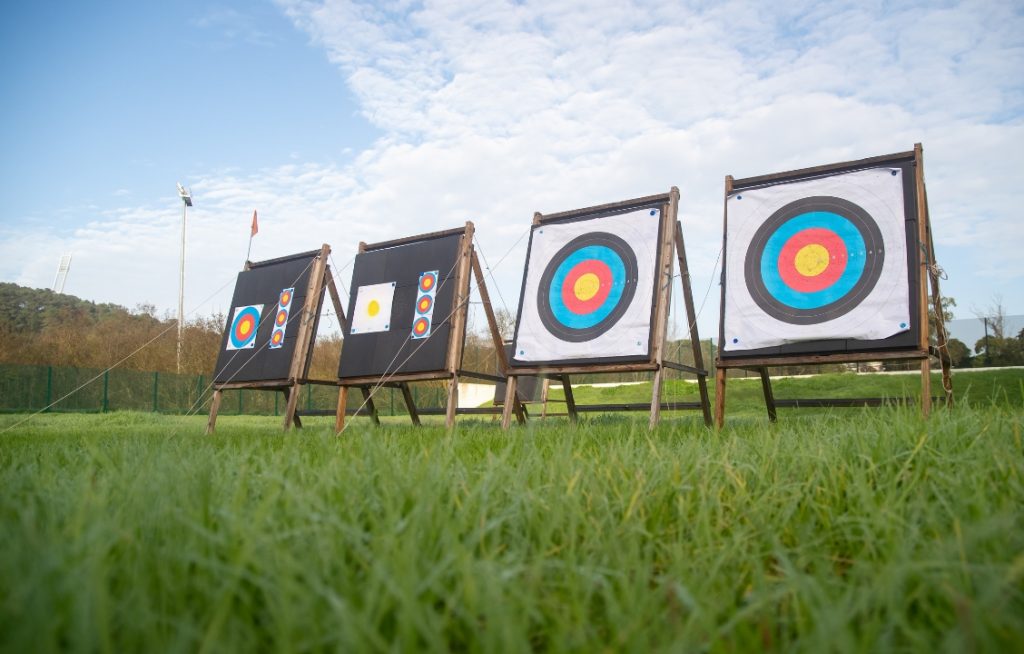
Tip 2: Preparation and planning are your best friends
We’ve all likely heard the phrase “prior planning prevents poor performance” or “failing to plan is planning to fail”, and it rings true in this instance.
Getting a plan together in the first week of the uni session and making sure clashes are identified is super important for performance in academia and sport.
By having important dates like assessment due dates, training camps, travel dates and competitions in a calendar (I use google calendar), it makes it easy to know how everything will work together over the session.
It will give you more time to identify if you require an extension for uni work and apply for one early (something I know all subject facilitators would appreciate) as this helps to reduce stress levels.
Another part of planning is knowing if and when you will be overseas during the session.
If you are overseas, like I will be, organising VPN access, ensuring you will have a stable internet connection where you are, and letting a member of your management team know can make all the difference when planning for successful study completion abroad.
Another good tip for overseas travel is downloading content onto an iPad or laptop that you will take with you to ensure access to necessary content, and if that’s not possible, then printing out necessary pages as a last resort to at least have the content with you.
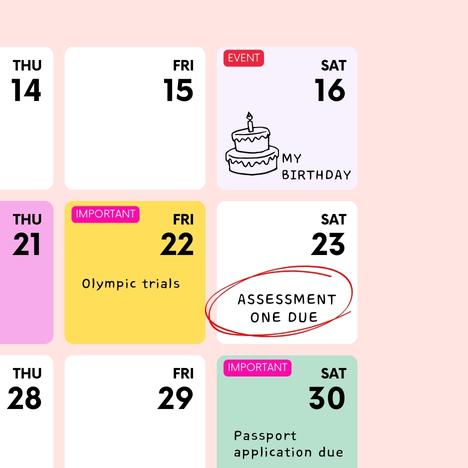
Tip 3: Reach out for help
One of the most important things to be reminded of is that help is available.
It’s easy to get caught up in what’s going on and before you know it, you’re in a sticky situation that could have easily been avoided if help had been sought earlier.
If you are an athlete belonging to a national sporting organisation, there are many people and resources that are available to aid in many ways through the sports’ Athlete Wellbeing and Engagement Officer.
If you are not in this boat, the university also has resources available and counsellors to assist students with planning, extensions, and other needs.
Above all, if in doubt, reach out.
Hopefully these tips will be able to help make the session just a bit easier and a bit less stressful.
Best of luck to everyone studying over the summer!

Helpful Links
Click here for the 24/7 Student Wellbeing webpage.
Click here for Special Consideration information.


